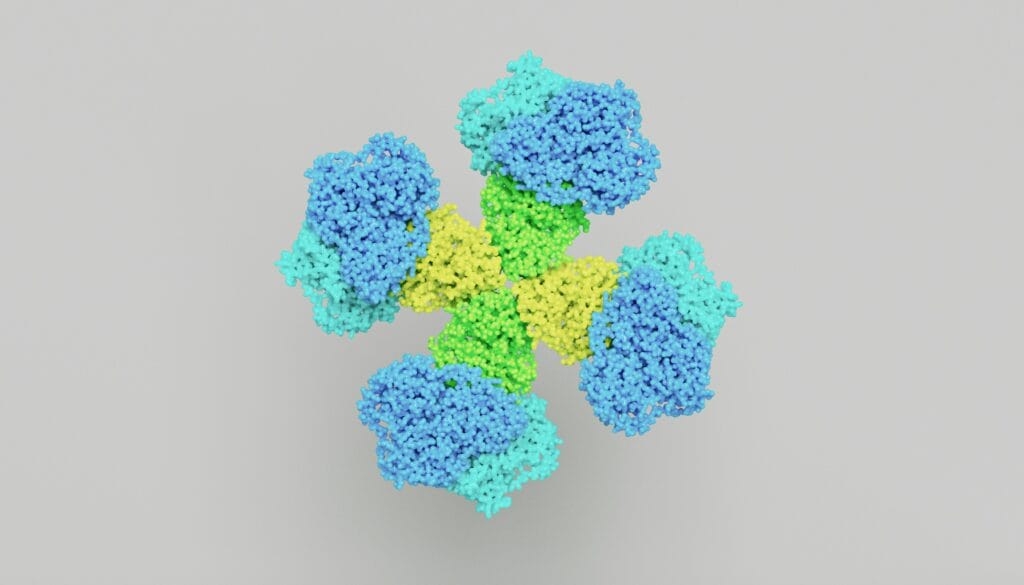*This article contains affiliate links*
Essential amino acids (EAAs) are the building blocks of protein, crucial for our body’s growth, repair, and overall functioning. As their name suggests, EAAs are “essential” because our bodies cannot produce them independently; instead, we must obtain them from our diet. Here’s a closer look at why they’re vital, who benefits most from them, signs of deficiency, and how to increase your intake.

What Are Essential Amino Acids?
There are 20 amino acids in total, and nine of these are classified as essential. These essential amino acids include histidine, isoleucine, leucine, lysine, methionine, phenylalanine, threonine, tryptophan, and valine. They play key roles in various bodily functions, such as building muscle, producing energy, maintaining immune function, and synthesising hormones and neurotransmitters.
Why Are These Amino Acids Important?
They are crucial for maintaining muscle mass, supporting brain health, and keeping our immune systems strong. They also aid in tissue repair and help maintain healthy skin, hair, and nails. Amino acids, particularly those like leucine, are key for muscle protein synthesis, which is essential for those looking to build or retain muscle.
Amino acids also contribute to mental well-being. Tryptophan, for example, is a precursor to serotonin, a neurotransmitter that affects mood, sleep, and appetite. Similarly, phenylalanine helps produce dopamine and adrenaline, both critical for focus and alertness.
Who Needs Essential Amino Acids the Most?
While essential amino acids are important for everyone, certain groups benefit significantly from ensuring they have adequate intake:
- Athletes and Active Individuals: Regular exercise, especially resistance training, increases the body’s demand for amino acids to repair and build muscle.
- Older Adults: Muscle loss naturally occurs as we age, making it crucial for older adults to get enough EAAs to prevent age-related muscle decline.
- People on Plant-Based Diets: Many plant-based proteins lack one or more essential amino acids, so those on vegan or vegetarian diets need to be mindful of obtaining a complete amino acid profile from their food.
- Individuals Recovering from Injury or Illness: Amino acids play a major role in tissue repair and recovery, making them essential for anyone recovering from physical trauma or surgery.
What Happens If You Don’t Get Enough Essential Amino Acids?
A deficiency in essential amino acids can lead to several health issues:
- Muscle Weakness and Fatigue: Lack of amino acids can make it difficult for your body to repair and build muscle, leading to fatigue and weakness.
- Weakened Immune System: Essential amino acids support immune function, so a deficiency can make you more susceptible to infections and illness.
- Mood and Cognitive Issues: Without sufficient amino acids like tryptophan, your body may struggle to produce enough serotonin, which can negatively impact mood, memory, and sleep patterns.
- Poor Skin, Hair, and Nail Health: Since amino acids are integral to protein synthesis, a lack can result in dry skin, brittle nails, and hair that looks dull and lifeless.
How Can We Get More?
Thankfully, there are plenty of ways to increase your intake through food and supplements.
- Protein-Rich Foods: The best way to get a complete set of essential amino acids is by eating high-quality protein sources. Here are some top options:
- Animal Proteins: Meat, poultry, fish, eggs, and dairy products provide all essential amino acids in optimal ratios.
- Plant Proteins: Quinoa, soy, chia seeds, and hemp seeds are plant sources that contain all essential amino acids. Combining other plant-based foods, such as rice and beans, can also provide a complete profile.
- Protein Supplements: Protein powders, particularly whey protein, offer a complete amino acid profile and are convenient for those needing an extra boost. For those on plant-based diets, pea, hemp, or soy protein powders are great alternatives that also provide essential amino acids.
- EAA Supplements: Essential amino acid supplements are another option, especially for athletes or those on specific diets. These supplements typically contain all nine EAAs in an easily digestible form, making them an effective way to ensure adequate intake.

Final Thoughts
Essential amino acids are critical for keeping our bodies and minds functioning well, with particular benefits for athletes, older adults, and anyone following a restrictive diet. Incorporating a range of protein sources into your diet can help you maintain optimal amino acid levels and ensure you’re supporting muscle health, immunity, and mental well-being. If you’re finding it difficult to meet your amino acid needs through food alone, a supplement might be worth considering.


